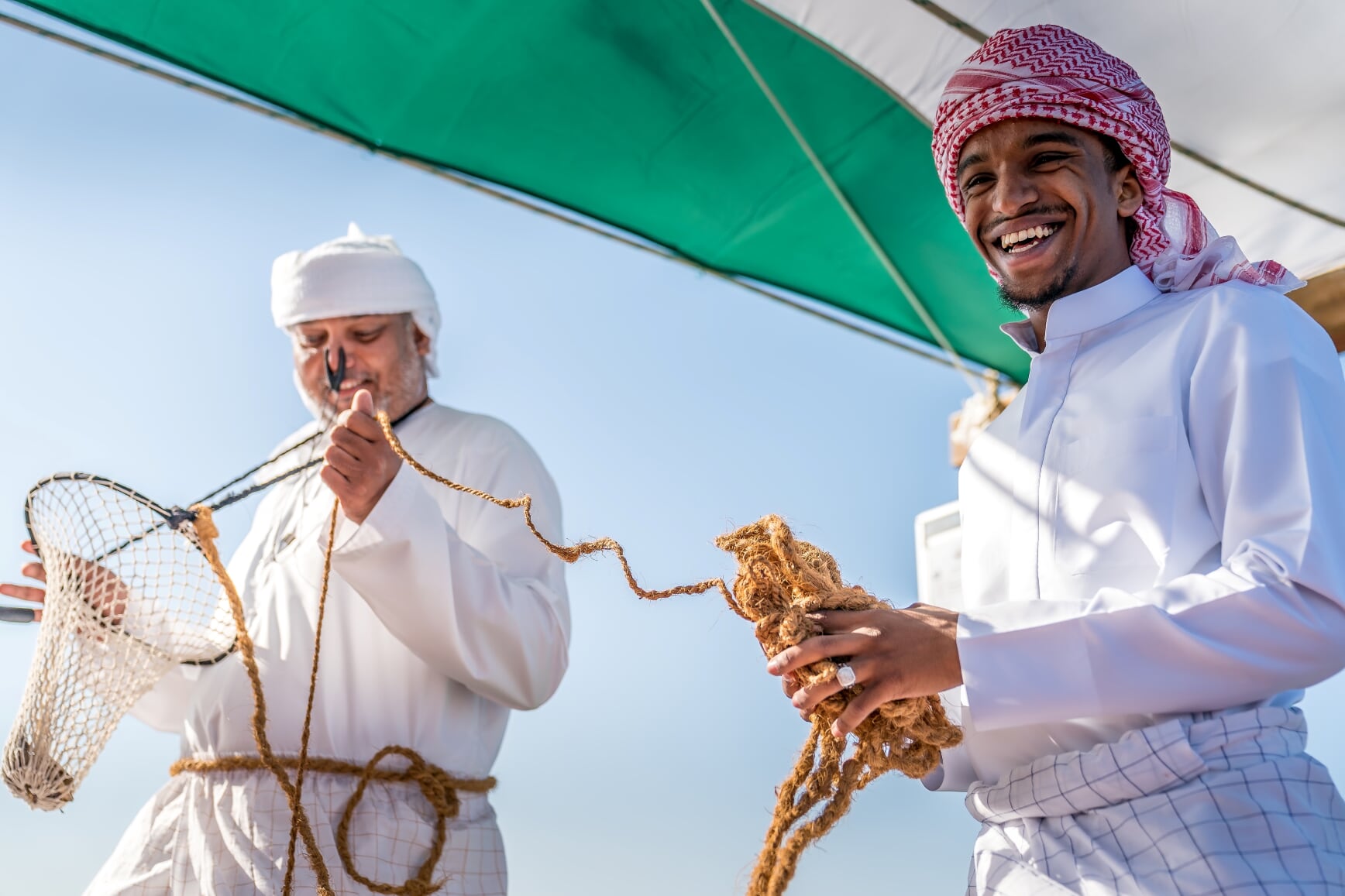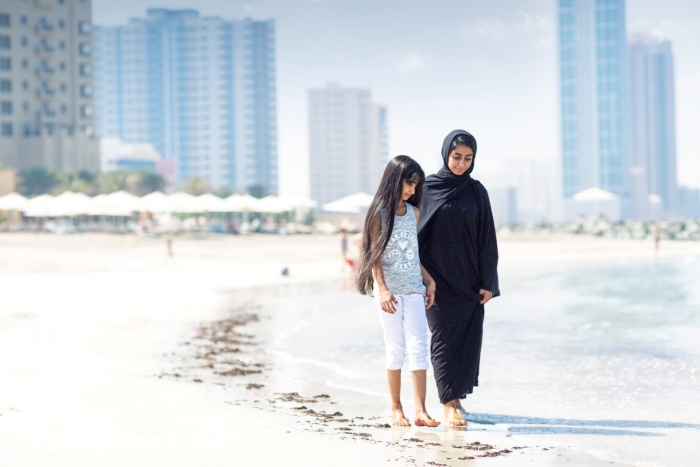
Breaking Travel News interview: Ian Scott, UK director, Ajman Tourism
Having spent eight years representing Dubai Tourism in the United Kingdom, Ian Scott has recently transferred his attention to Ajman.
Appointed by Saleh Mohamed Al Geziry, the newly installed director general of Ajman Tourism, to open the first overseas office for the destination, it is his job to get the smallest of the United Arab Emirates on the hospitality map.
Operating through his company, Scott Marketing, it is a challenge he is relishing.
Over coffee in London, he tells Breaking Travel News: “Ajman is very new in terms of its tourism development and its ambitions.
“The product has been there a while, but there has been a shortage momentum and ideas in international markets and this is now starting to change.
“With Dubai, and to a lesser extent Abu Dhabi, as such close neighbours, it is perhaps surprising it has taken so long for the authorities there to start on the sector.
“But Ajman Tourism now has a new director general, Saleh Mohamed Al Geziry, who has joined from Dubai, and his expertise, his experience, has got things moving.”
Close to Dubai airport, Ajman remains an emerging tourism destination, but it is well placed for growth.
As Scott continues: “Ajman has wonderful natural assets, including the natural beach, and it is just half an hour from Dubai International Airport – so it is almost criminal not to promote it to the international market.
“Up until now it has been sold to local market, Emiratis getting out of Dubai for the weekend, but we are now aiming bigger and for an international footprint.
“It has taken a long time, but the pieces are starting to fall into place.”
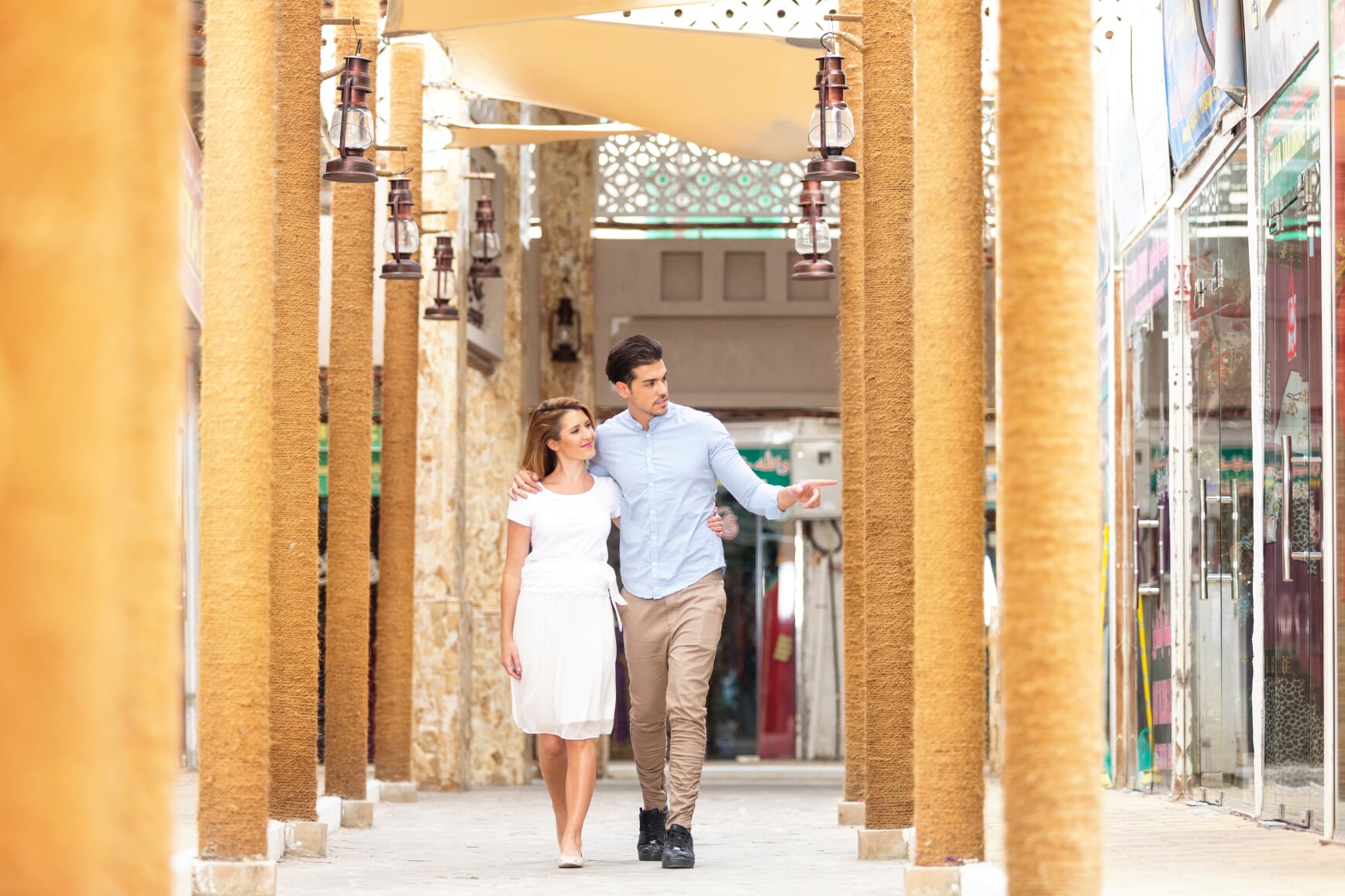
However, Scott is quick to point out Ajman is not seeking to rival its more illustrious neighbours to the south; it simply does not have the resources, he explains.
“Ajman is the smallest of the emirates, and this is important, it does not have the same aspirations as Dubai, or even Abu Dhabi.
“There are only around 3,500 rooms in the whole destination, for example; there is not the space for huge development.
“Ajman takes advantage from its proximity to these other United Arab Emirates destinations, but it is not seeking to compete.”
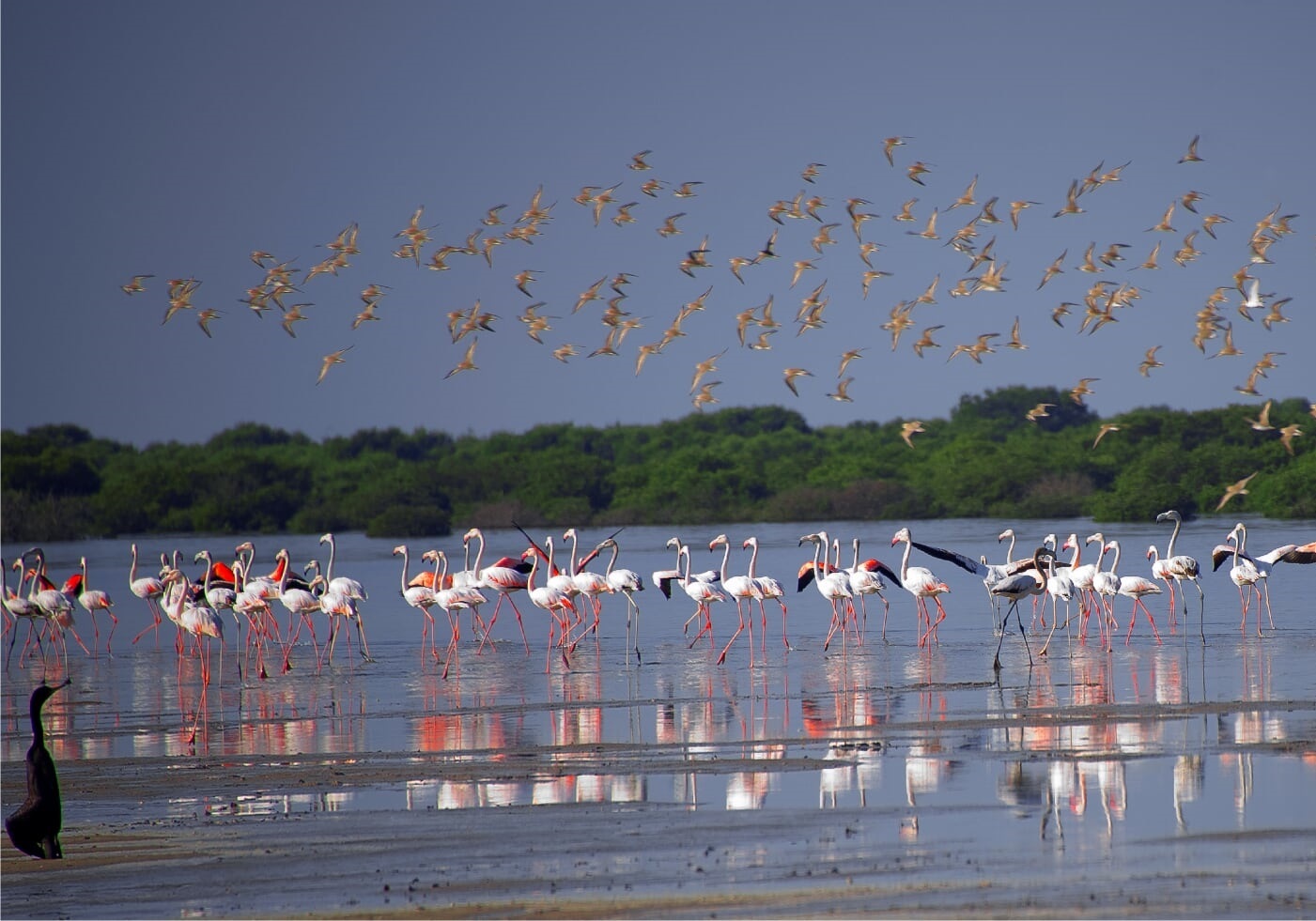
What Ajman does have is nature.
With a million square metres of mangrove forest and lagoons, Al Zorah Nature Reserve was designated a Wetland of International Importance by the Ramsar Convention.
“This is a very nature driven destination – led by the mangroves,” continues Scott.
“We have been lucky here, if tourism had begun 30 years ago, who knows if this area would have been turned into five-star hotels, but it has been saved and remains pristine.
“It is a place of tranquillity, of peace, and you can still see the flamingos.
“Like Ras al Khaimah to the north, there is also access to the Hajar Mountains, which is a great location for hiking, biking and adventure sports.”
Its small size can also play to the destination’s advantage.
As a truly global city, it is possible to visit Dubai for a week or more and have very little interaction with local Emirati residents – it is different in Ajman.
Scott adds: “Ajman, while undiscovered, is part of the United Arab Emirates, so you do have that feel, the souks, the mosques and the cuisine, as well as the welcoming culture.
“The difference is that you can walk around; it is easily manageable.
“The cultural opportunity offered by the Ajman Museum is also easily accessible, which is another plus.
“Guests can get an easily digestible history of Ajman and the wider United Arab Emirates.
“For families, there are also great opportunities for kayaking and water sports on the mangroves.”
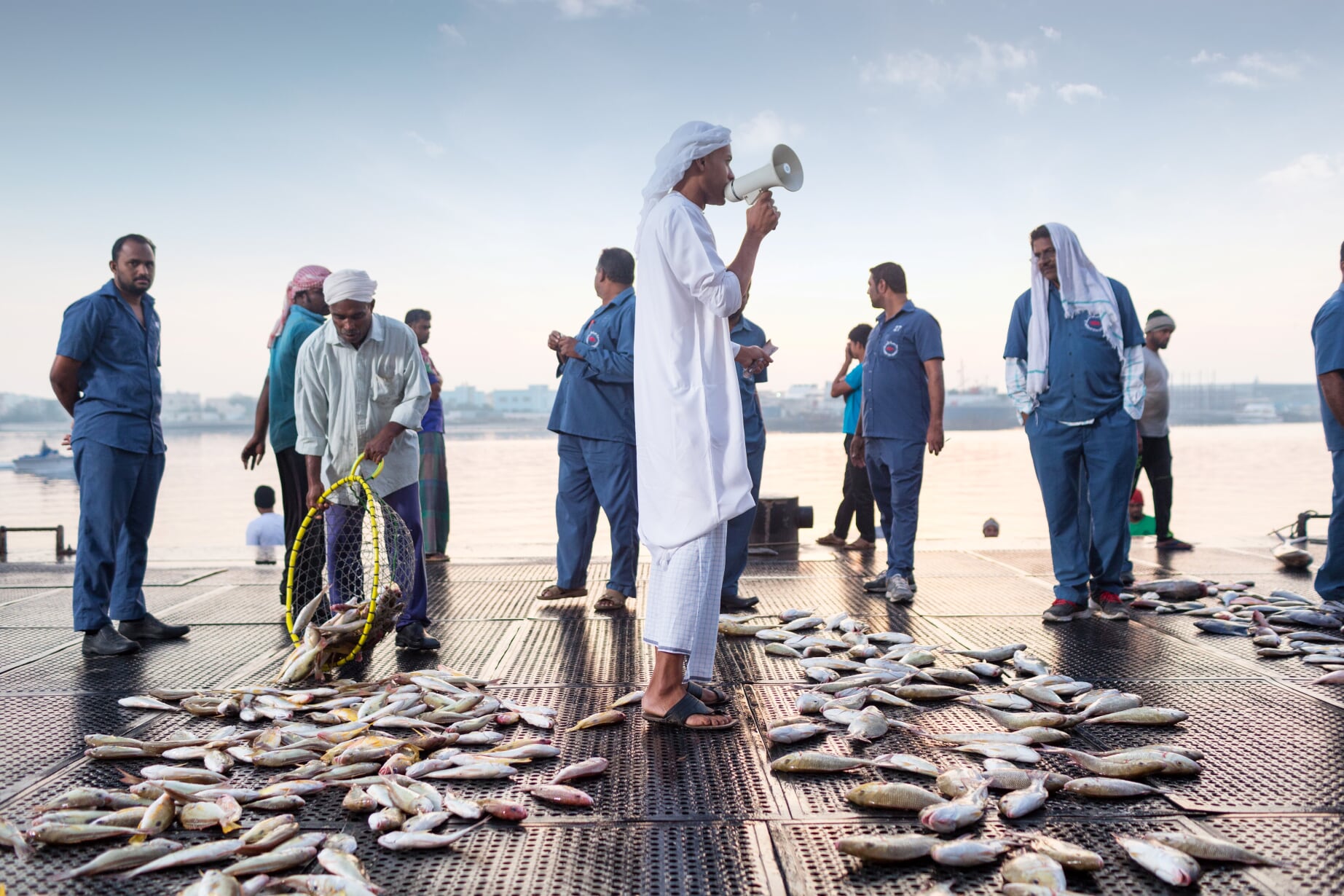
With a growing number of restaurants and hotels, Ajman’s centre offers an array of dining choices including local and traditional cuisine.
Scott continues: “On the dining side, Ajman again is not looking to compete with Dubai right next door.
“If you walk out of the hotels, you will find a village feel, a very local atmosphere, with emirati or Indian food, with different influences, which is a different experience.
“It is also not a dry emirate - you can have a drink, in the majority of the hotels.
“This is also a great chance to meet and interact with Emiratis, which you might not get elsewhere.
“At the fish market for example, the local sellers are not putting on a show, they are at work, and this is really exciting for visitors – you can be involved, buy fish and have the hotels cook it for you.
“You are immersed in the Emirati world.”
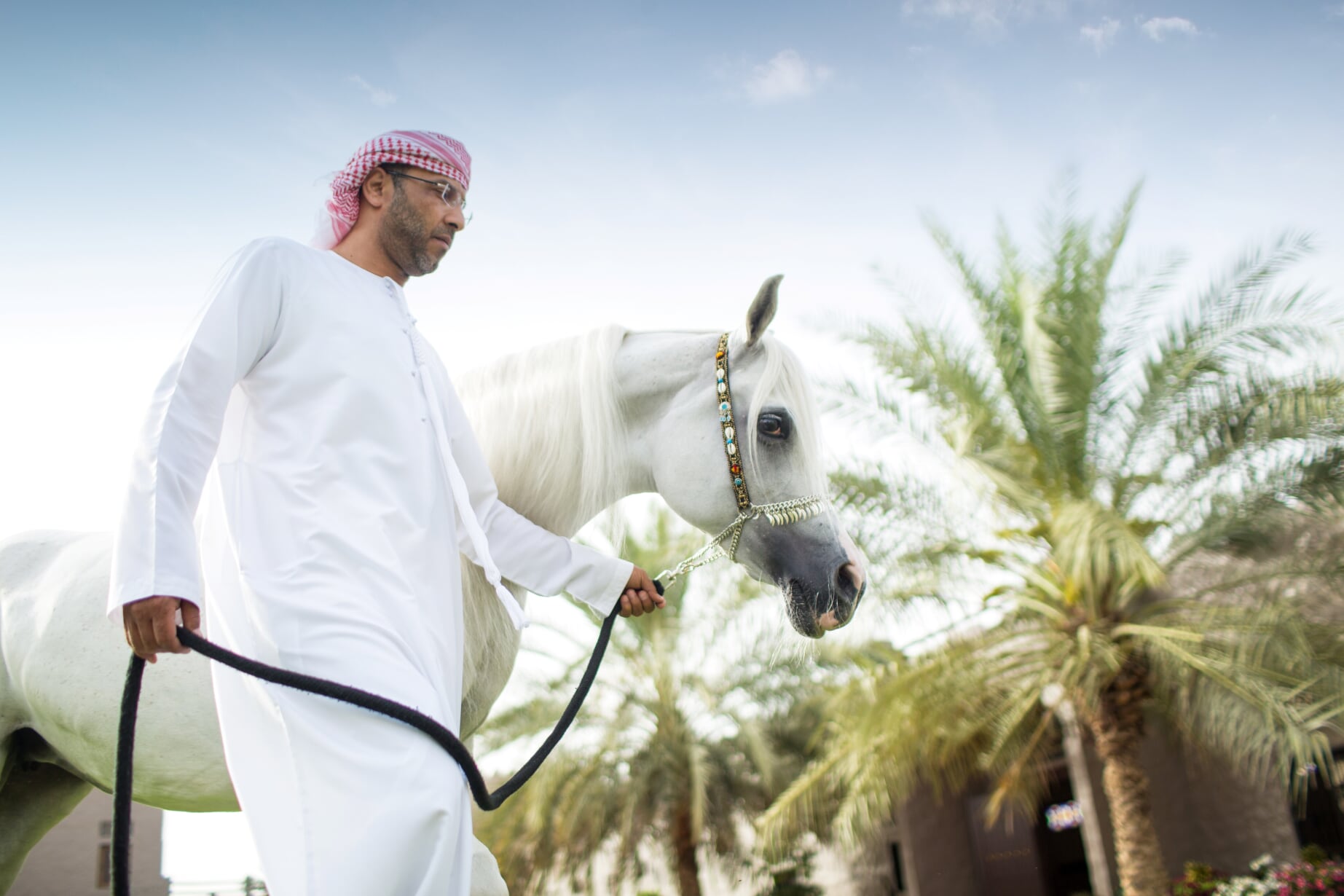
Success will, however, be hard to measure, at least in the short term.
Ajman is at the foot of the hill when it comes to the hospitality sector and much work remains to be done.
“The whole tourist board is so new that they have only recently started to collect figures,” continues Scott.
“We know the United Kingdom will be one of the top five source markets, alongside Saudi Arabia, the wider Unite Arab Emirates, Oman and India, but we are waiting on the data.
“Within Dubai, they have information from the Tourism Dirham, which is a method of tracking where guests come from, but that infrastructure is not available in Ajman yet.
“It will be a responsibility for the hotels, who will be able to check passports, but this is not in place.
“But for now, we are unable to put a figure on arrivals; we are talking tens of thousands, not hundreds of thousands.”
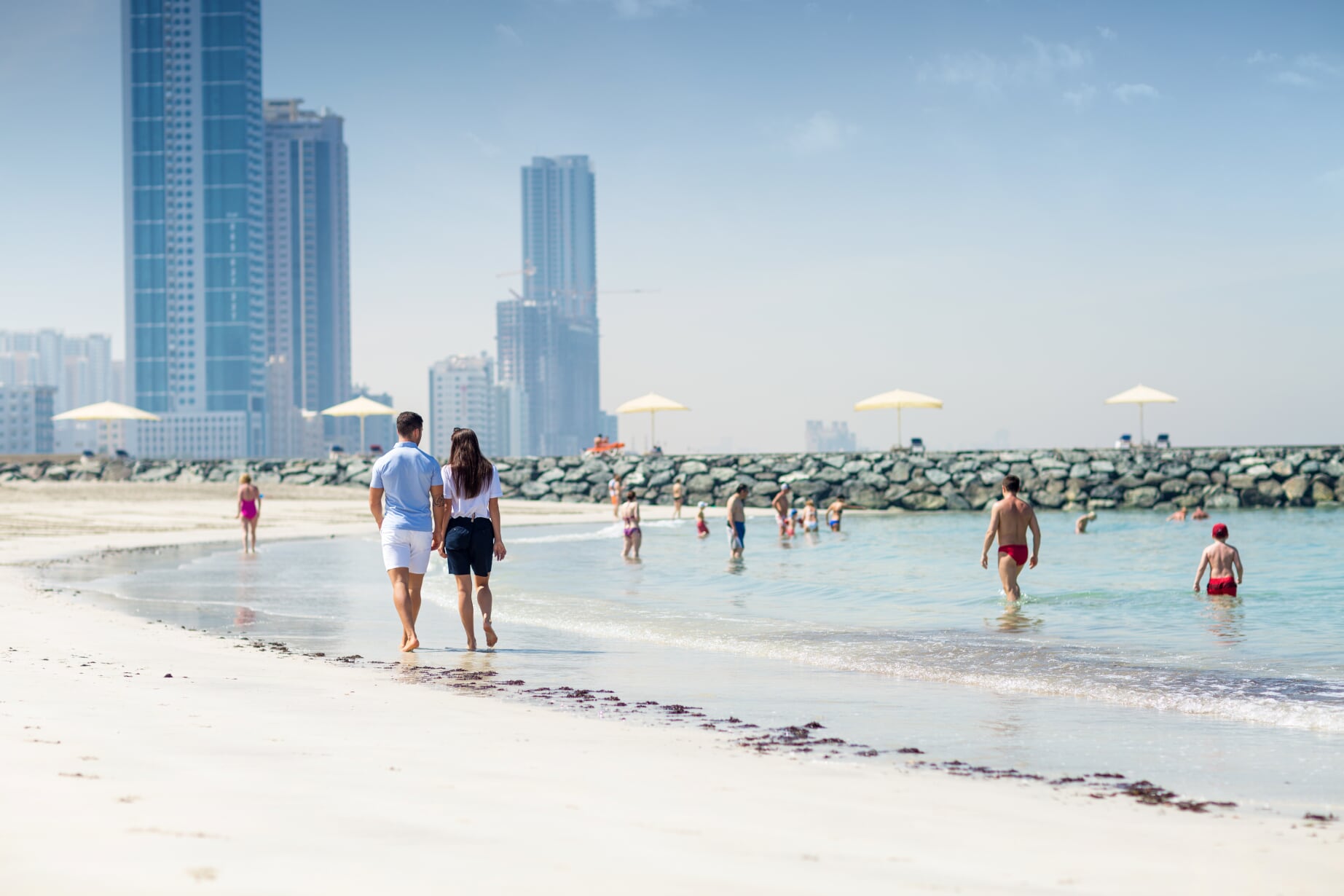
Ajman does already posses a number of leading hotels.
The last couple of years have seen the opening of a number of properties, including the Oberoi Beach Resort, Al Zorah; the Radisson Blu Hotel Ajman; and the Wyndham Garden Ajman Corniche.
There is also the Ajman Saray, a Luxury Collection Resort, Fairmont Ajman and the Ajman Hotel, as well as the Bahi Ajman Palace Hotel.
“There is a Lux* hotel under development, so the quality of the product is there,” adds Scott.
Getting people to take a chance on Ajman, over more established destinations, will be key.
Scott believes, at least in the UK, trade partners will be vital to overcoming any initial scepticism.
“Even six months ago, nobody really selling or actively promoting Ajman,” he adds.
“Now we are working here in the UK, with business-to-business partners such as GoldMedal, Kuoni and If Only…, to encourage them to promote the destination, to feature it, to sell it and train their staff.
“Over time we will be looking at joint marketing campaigns, taking FAM trips out to Ajman and to run incentives.
“This is all the activity that will drive visitor numbers.
“Dubai still relies heavily on the trade to sell it, and I feel this will be the case in Ajman as well.
“We are on the cusp of agents selling Ajman, they are beginning to take the leap of faith and I think it will grow quickly from here.”
More Information
One of the seven emirates of the United Arab Emirates, Ajman’s culture is steeped in exceptional hospitality.
It is an inherited tradition borne out of the austere natural environment and the resulting emphasis on receiving and providing for guests.
In Ajman, neighbours still celebrate life together, guests are warmly welcomed-in and sincere generosity is evidenced throughout everyday life.
Find out more on the official website.
Chris O’Toole


